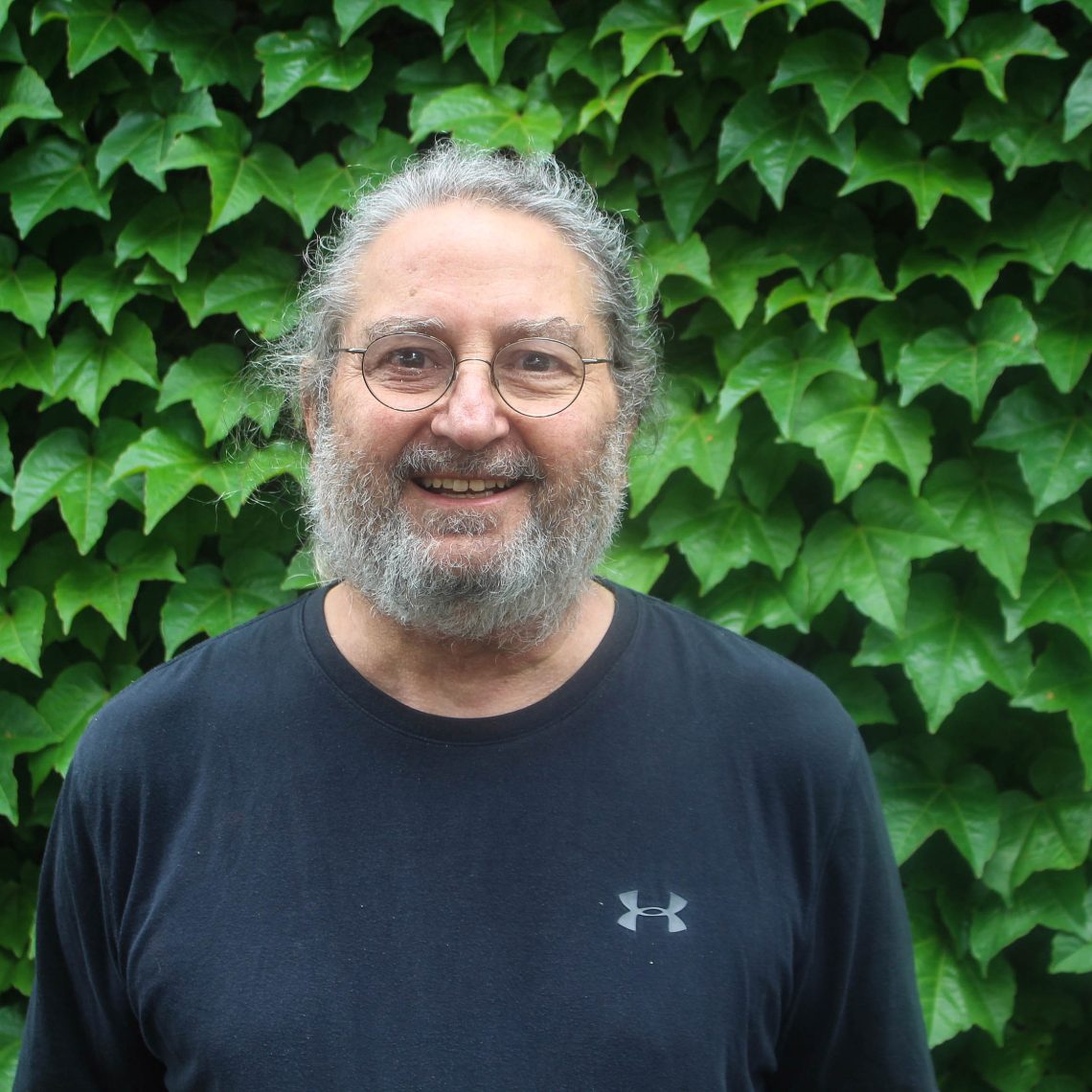Newsweek Magazine recently interviewed Communication Professor Leonard Shedletsky about his decades-long effort to better understand that voice in your head.
The story, “Does Everyone Have an Internal Monologue? What if You Don’t?” by Reporter Robyn White, examines some of Shedletsky’s basic questions.
“If you ask someone what communication is, almost everyone will say two people talking face to face,” he told the reporter. “[But] we are each walking laboratories. All of us have this experience of sort of talking to ourselves silently, sometimes out loud.”

Almost since his arrival at the University of Southern Maine in 1979, Shedletsky has been teaching a class that examines that inner monologue. It’s titled “Intrapersonal Communication.”
“I challenge my students to spend a few minutes not having anything going on, and the average human being cannot do it,” he told the magazine. “They tried to not have words in their mind and they can’t, it’s so part of our functioning.”
This work, which comes under the heading of cognitive communication, has been the subject of much of his writing and research. His book, “Rationalist Bias in Communication Theory (Advances in Linguistics and Communication Studies),” was published in 2021 by IGI Global. Much of it was based on his research that sought to understand the difference between instinctive thought and the more curated differences that are part of that inner monologue.
Shedletsky understands that the concepts are challenging.
“It’s mysterious for everybody,” he said recently. Yet, how we talk to ourselves is a key piece of our understanding of the world and our communication with others, he said.
It’s a challenging idea, but it’s exciting to see students begin to understand the importance of that voice, he said.
“It’s almost like we keep it a secret,” Shedletsky said. “Then we talk about it, and their eyes open.”

